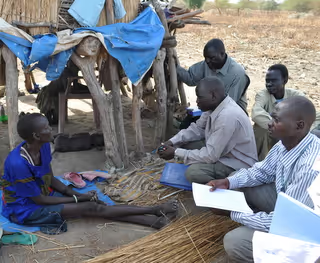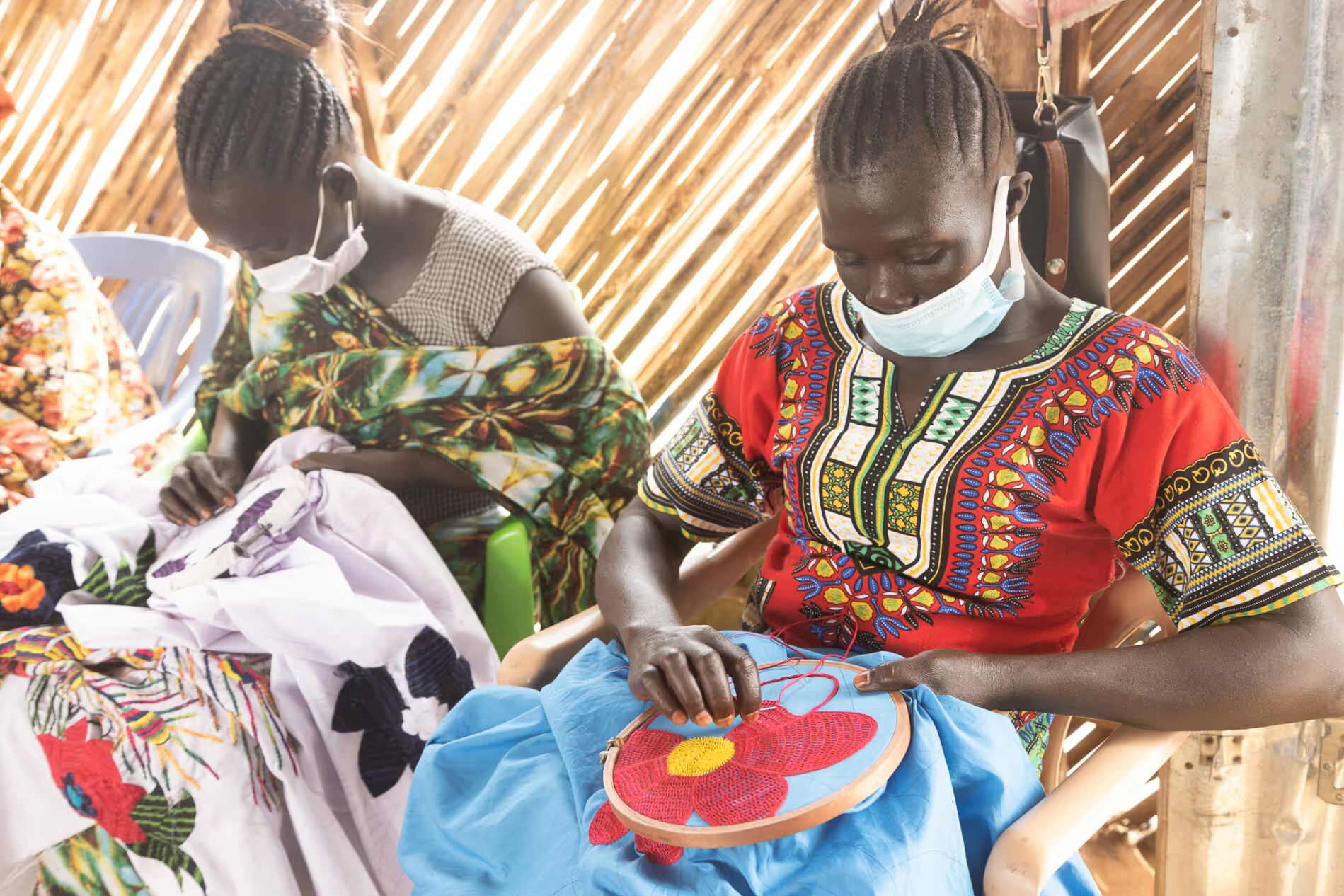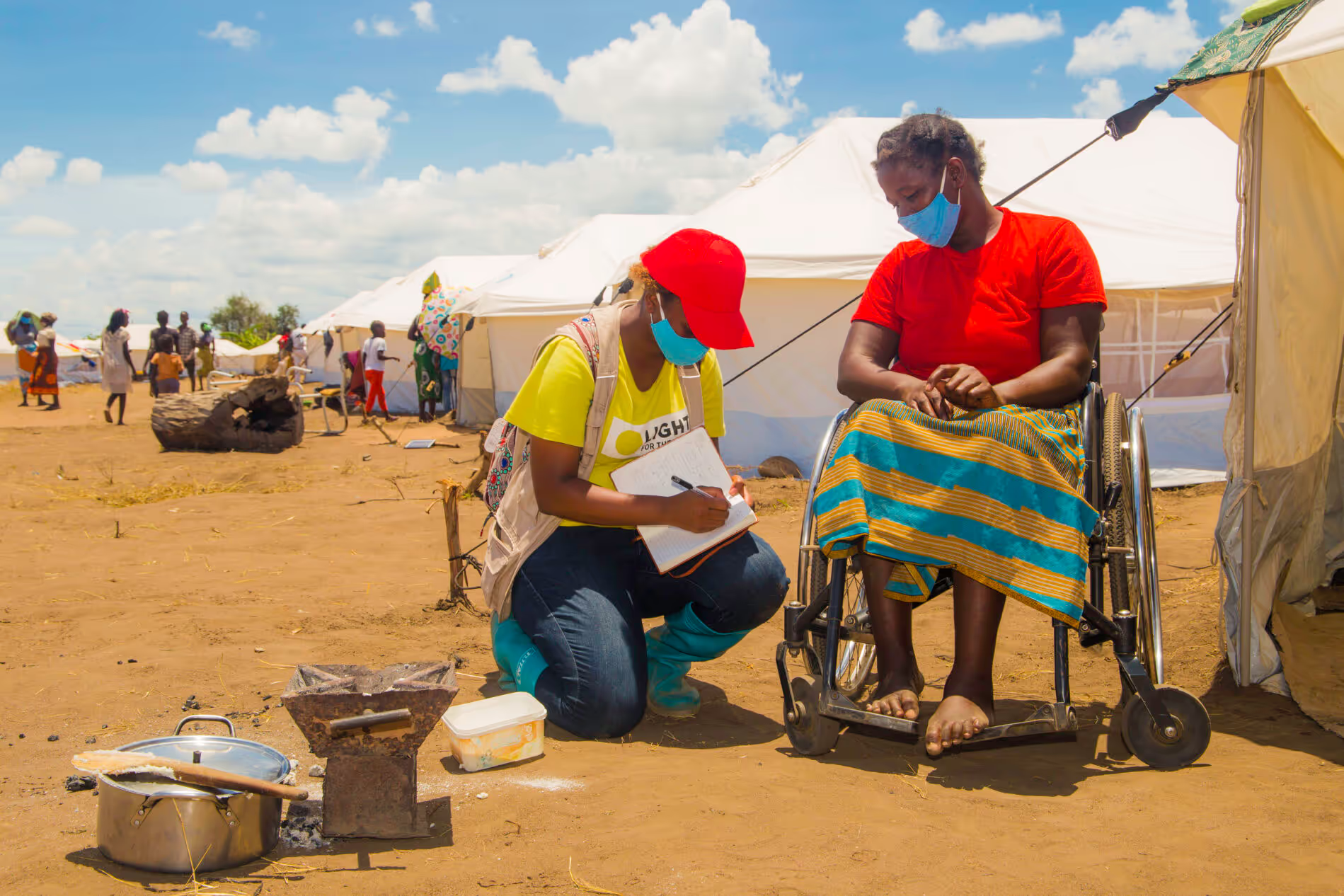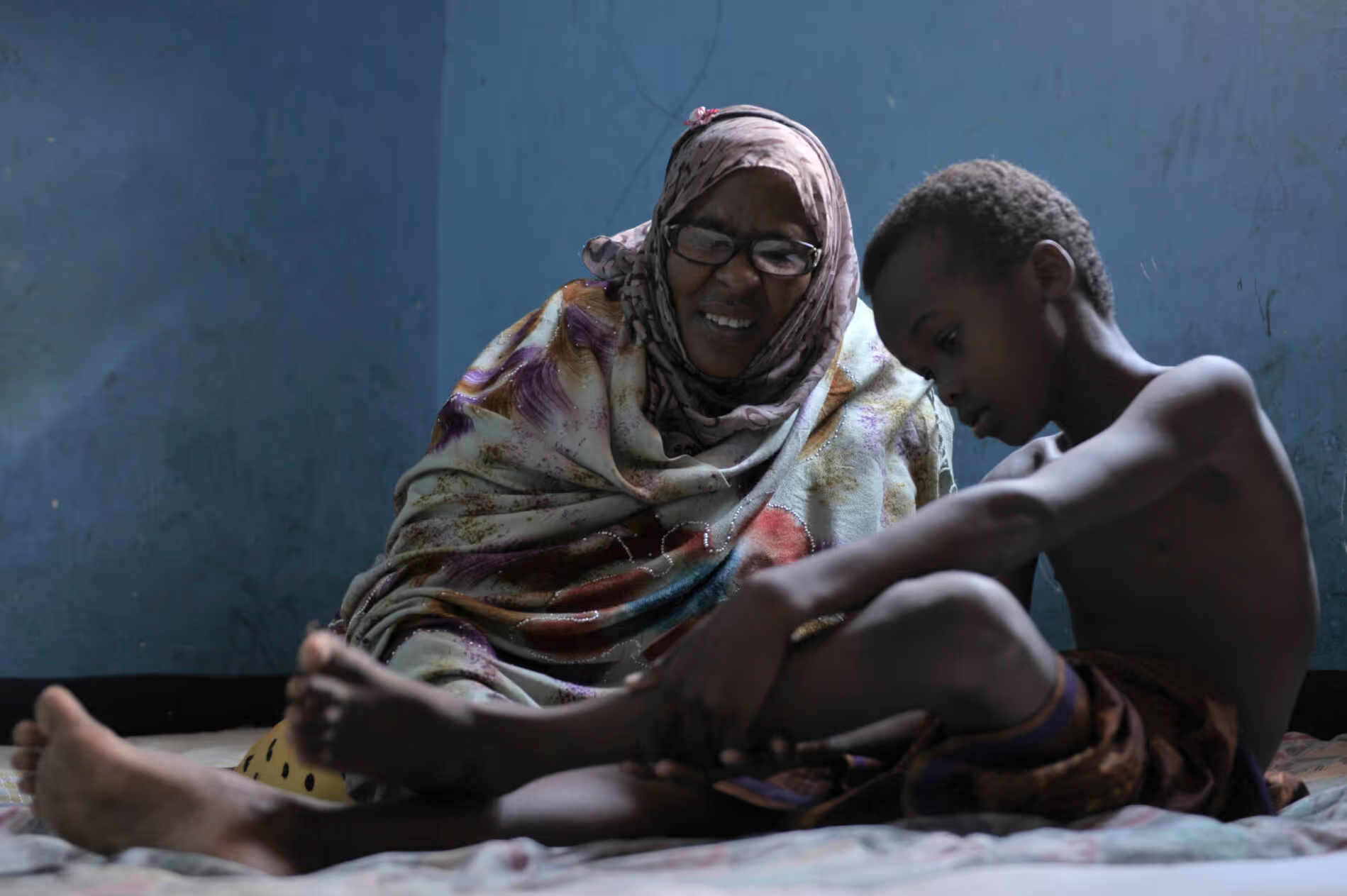Lot Quality Assurance Sampling (LQAS) survey techniques

Project overview
Lot Quality Assurance Sampling (LQAS) survey techniques will be developed to monitor performance and impact of health services provision in IDP settlement in Awerial county, South Sudan, in order to provide an evidence base for adapting services to needs and views of users
Project solution
This project offers [specific solution or intervention] to tackle [challenge]. By implementing [strategies, tools, or innovations], the project aims to achieve [desired outcomes]. The approach is designed to [specific actions or methods] to bring about meaningful change in [community, region, or issue area].
Expected outcomes
This project aims to achieve [specific outcomes], such as [measurable results, improvements, or changes]. The expected impact includes [benefits to the target community, advancements in research or innovation, or long-term effects]. By the end of the project, we anticipate [specific changes or milestones] that will contribute to [broader goals or objectives].
WHAT IS THE HUMANITARIAN NEED?
Currently there is no systematic procedure for quality data to monitor performance of health services and accountability of agencies in humanitarian settings.
Right now there is not a method to provide information needed to adjust services to precise needs and to prevent deaths, diseases and disability. Planners and managers require key information to ensure efficient service provision
Cluster surveys are the current gold standard practice to measure performance of health services of refugees. They require large samples and are costly and complex.
Evaluations of monitoring systems in camps have found that stakeholder and end-users struggle to use the system and interpret data (Haskew et al, 2010).
WHAT IS THE INNOVATIVE SOLUTION?
Lot Quality Assurance Sampling (LQAS) methodology provides real-time planning and management information. It uses small sample sizes to classify health or administrative geographical areas , to inform if these areas have achieved or not a pre-determined target for a given indicator.
LQAS can detect variation between camp sections and help adopt “proactive” targeted interventions and actions helping to increase coverage and reduce morbidity and mortality
The LQAS surveys have been adopted as the tool for measuring health indicators in South Sudan. Associating both surveys, health officers will be engaged in monitoring the performance of agencies providing care to host communities and refugees and will be able to participate in decision making. The final result should be improving care to refugees by providing services based on evidence and integration into the overall M&;E framework of the host country.
WHAT ARE THE EXPECTED OUTCOMES?
The LQAS survey will measure access, quality, use, health seeking behaviour and perception of health services in camps by the refugees and provide information on their health status based on coverage of critical health outcomes.
The survey will measure performance of health providers and facilitate governance (accountability). The methodology based on small sample surveys will be more cost effective than cluster sampling surveys (five times cheaper) while providing statistically robust estimates. LQAS questionnaires can be administered using smartphones to improve data quality and facilitate analysis.
Joint analysis of results immediately after data collection will advance ownership and action. The survey can be replicated at regular intervals to measure impact of health interventions. The interval length depends on the available financing (e.g. 6-months or yearly).
Project delivery & updates
Stay up to date with the latest developments from this project. Here, you will find details on what has been delivered, resources created, and regular updates as the project progresses. Access key documents, reports, and other materials to see how the project is making an impact.






